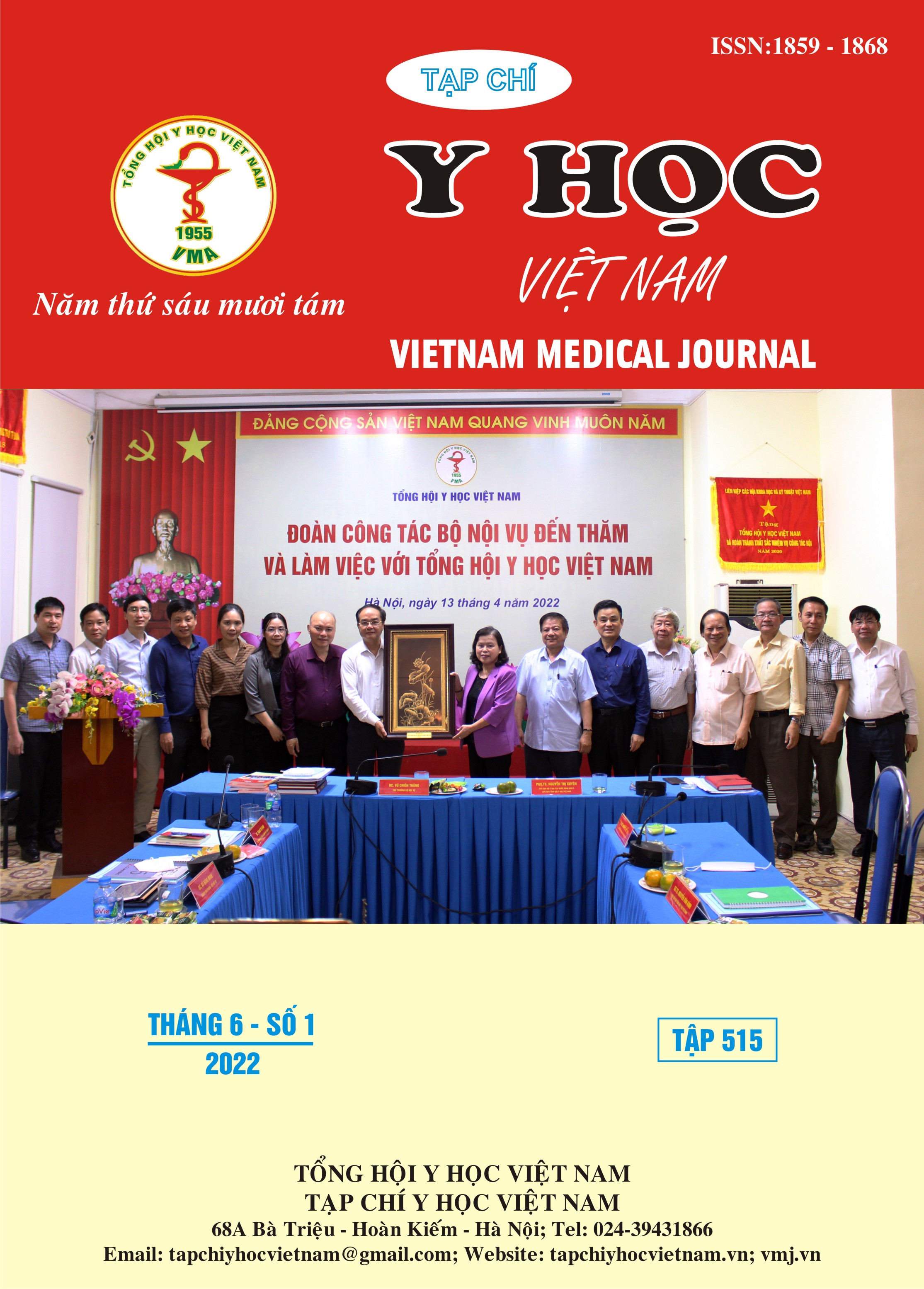THE SITUATION OF SELF-CARE AND DEMANDS REHABILITATION OF THE ELDERLY IN VI XUYEN WARD IN NAM DINH CITY IN 2021
Main Article Content
Abstract
Objectives of research: describe the self-care situation and identify factors related to the rehabilitation demands of the elderly. Subjects and methods: a cross-sectional descriptive study on 384 elderly people of Vi Xuyen ward, Nam Dinh city. Results: on the ability to perform daily activities: 52.1% of the elderly need help with eating; 28.4% of the elderly need help with changing clothes; 43.5% elderly need help sitting; 9.1% of the elderly need help standing. Effects of reduced mobility and living capacity on the elderly: 33.1% of the elderly had the above feelings to interrupt their work and 8.1% of the elderly suffered from painful sensations that prevented them from sleeping. 49.7% of the elderly have rehabilitation needs; those with mobility difficulties and those with difficulties in daily living activities had higher demands of rehabilitation rates than those without, with OR is 2,16 and 1,24 respectively (p < 0.05). Conclusions: The elderly are at risk of reduced mobility, so they need rehabilitation to help reduce difficulties in daily living and have a better quality of life.
Article Details
Keywords
the elderly, mobility, rehabilitation needs
References
2. Hoàng Trung Kiên, Nguyễn Duy Luật và Hoàng Văn Tân (2013), "Sức khỏe và nhu cầu chăm sóc sức khỏe của người cao tuổi tại 4 xã huyện Đông Anh, Hà Nội", Tạp chí Y học dự phòng, 23(7), tr. 123-128.
3. Tổng cục dân số (2019), Kết quả tổng điều tra dân số và nhà ở năm 2019, NXB Thống kê, Hà Nội.
4. Feng T.S and Hsiu H. W (2012), "Elderly and long-term care trends and policy in Taiwan: Challenges and opportunities for health care professionals", Kaohsiung Journal of Medical Sciences, 28, pp. 465-469.
5. Kevin Watkins (2005), Human Development Report 2005, New Zealand, UNDP, 45-48.
6. Michael Grossman (1972), "On the Concept of Health Capital and the Demand for Health", The Journal of Political Economy, 80(2), pp. 223-255.
7. WHO (2018), "Global health estimate summary: Projection of deaths by cause, age and sex, by WHO region", from: http://www.who.int/ healthinfo/global_burden_disease/en/


